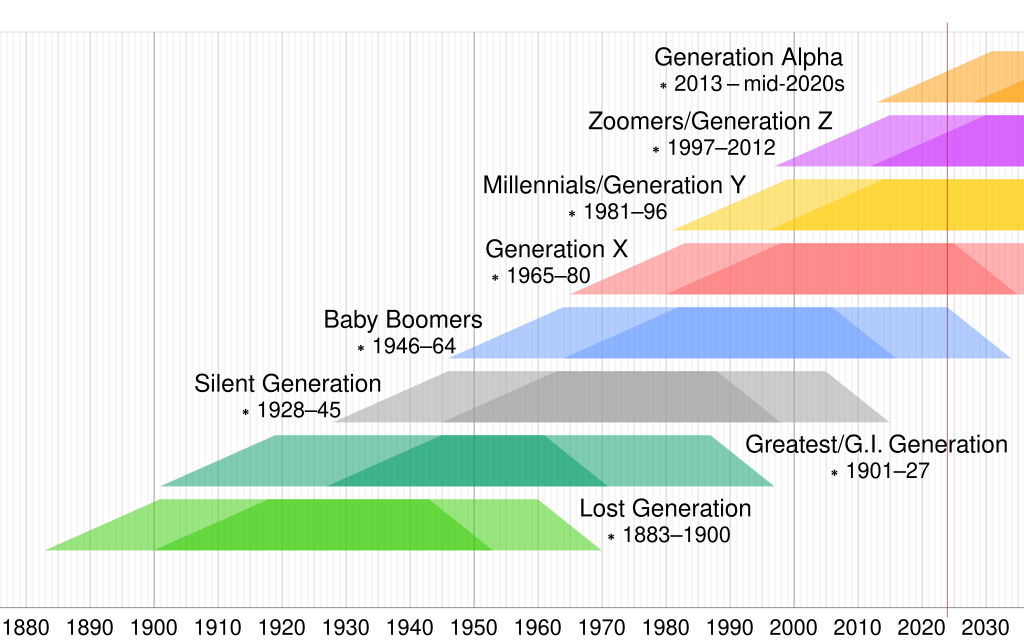These must have been gamma rays.
Just before he left Cambridge for Montreal in 1898, Rutherford conducted a simple, systematic experiment to study the absorption of rays from uranium. [...] In 1901 he determined that Becquerel's rays are indeed electromagnetic rays. He called them γ (gamma) rays.
This terminology is used e.g. in Marie Curie's Polonium paper:
Some minerals containing uranium and thorium (pitchblende, chalcolite, uranite) are very active from the point of view of the emission of Becquerel rays.
Gamma spectroscopy of a Uranium ore
. Source. Several points of the Uranium 238 decay chain are clearly visible. Abundance of the chemical elements on Earth by  Ciro Santilli 40 Created 2024-08-14 Updated 2025-07-16
Ciro Santilli 40 Created 2024-08-14 Updated 2025-07-16
Official announcement: www.nobelprize.org/prizes/physics/2023/summary/
Ciro's younger Ciro Santilli's homonyms end up managing to take
@cirosantilli on some useless Gen Z websites like TikTok fair play:By Ciro Santilli:
Other threads:
- www.reddit.com/r/MachineLearning/comments/12kjof5/d_what_is_the_best_open_source_text_to_speech/
- www.reddit.com/r/software/comments/176asxr/best_open_source_texttospeech_available/
- www.reddit.com/r/opensource/comments/19cguhx/i_am_looking_for_tts_software/
- www.reddit.com/r/LocalLLaMA/comments/1dtzfte/best_tts_model_right_now_that_i_can_self_host/
Bibliography:
- on Quanta Magazine: www.quantamagazine.org/cryptographys-future-will-be-quantum-safe-heres-how-it-will-work-20221109/ "Cryptography’s Future Will Be Quantum-Safe. Here’s How It Will Work." (2024)
Interesting "gradual" WYSIWYG. You get inline previews for for things like images, maths and links. And if you click to edit the thing, the preview mostly goes away and becomes the corresponding source code instead.
Unlisted articles are being shown, click here to show only listed articles.
